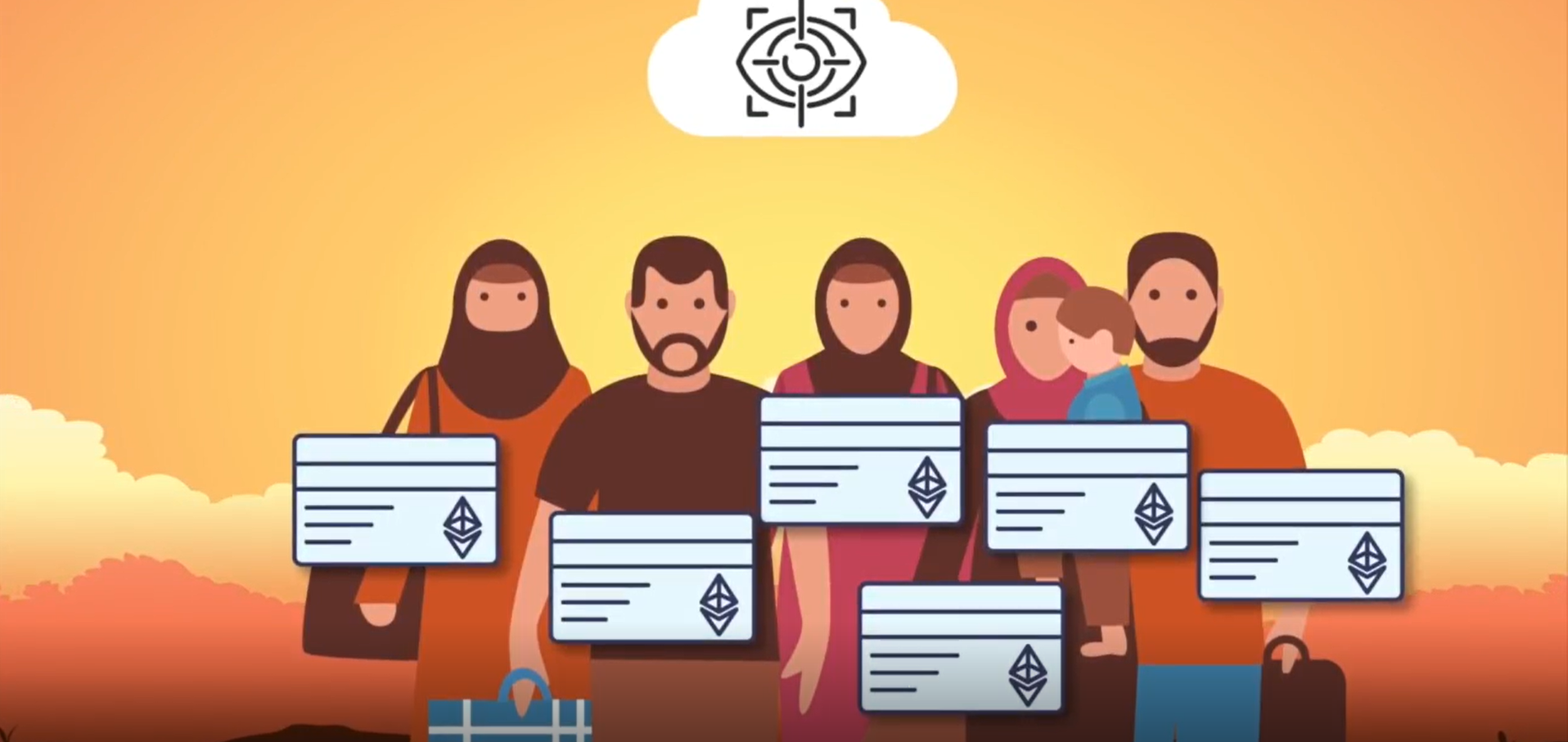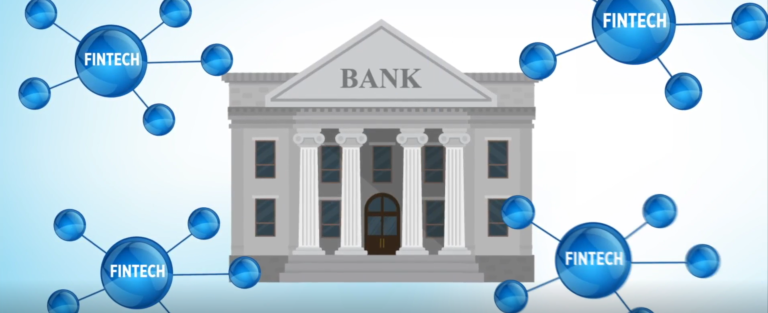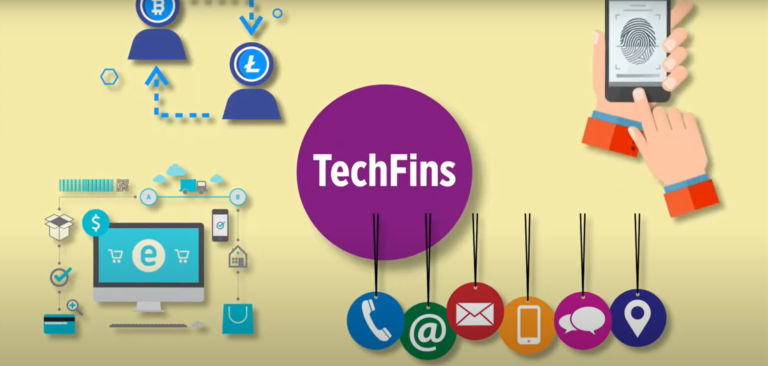Transcript
One of our other favourite things about living in Hong Kong other than the Octopus card is that the Hong Kong ID system is a chip-integrated system. It makes it very quick and easy to go in and out of the airport. Hong Kong is probably the simplest border that we’ve ever crossed personally, and it makes going in and out very simple. For years, we saw that as a great advantage. But we wonder, would we think the same thing as these biometrics are being introduced more broadly?
It’s quite clear that more and more biometrics data will be integrated into border controls and immigration. Over the past few years, even some so-called developing countries have incorporated some level of biometrics, most commonly fingerprint scans, into this identity portfolio that they’re constructing. That is the tide that’s coming in, and they are not going to roll that back anytime soon.
From a national ID standpoint, is the utilisation of these technologies about speed and efficiency, or is it about more security and kind of controlling people? We think there are definitely countries that may use it solely from an efficiency standpoint. It’s just quicker to process people through immigration this way. But we would say most countries will use it for a variety of different needs as things arise. Because once that data is there, it’s rare that organisations can put it on the brakes themselves and say, “Okay, we just want to use data for this purpose and this purpose alone.” We think it’s unrealistic and probably a bit naive for us to think that data will not be used for other purposes despite what anybody may say at the moment.
From a regulatory standpoint, one of our key principles is accountability: who is liable if privacy is breached or if the data gets out? One of the challenges with the ID system is that if a national government is hacked or breaches data, it’s often very difficult for the person who had your privacy invaded to have any type of redress. They’re typically sovereign entities and so it’s difficult to go through.
The underlying question that we’re talking about in this entire chapter is whether or not FinTech can create a more decentralised system that would allow, in this particular instance, an external, maybe private organisation like a UN body, to create a globally recognised ID system, or whether the entrenched powers within governments would double down and utilise the technology for their internal systems.
Discussion Questions
- Do you think that at some point, maybe in the next 10 or 20 years, there will be a globally accepted non-government-issued identification, or do you think that governments are going to utilise this technology and double down and use it to control their own borders even more?







